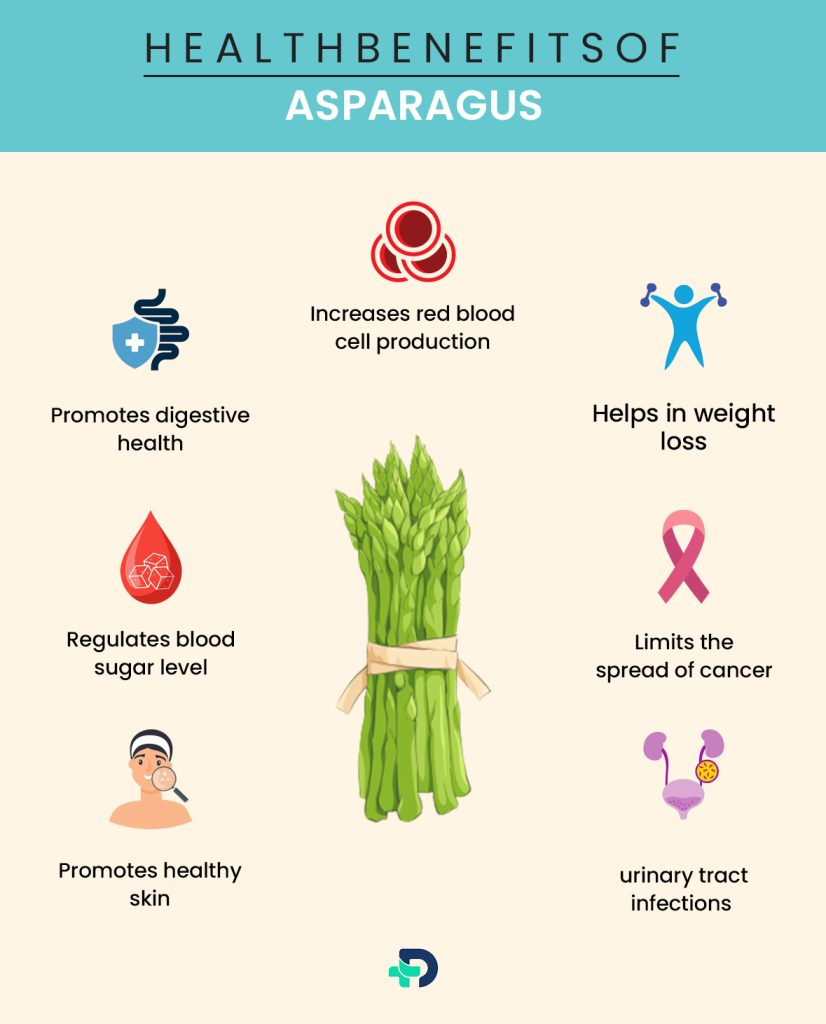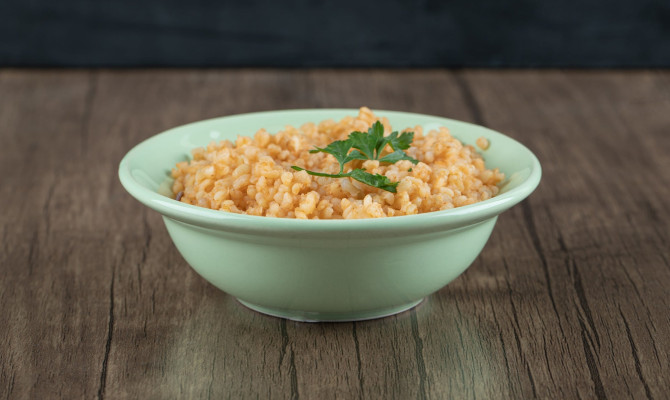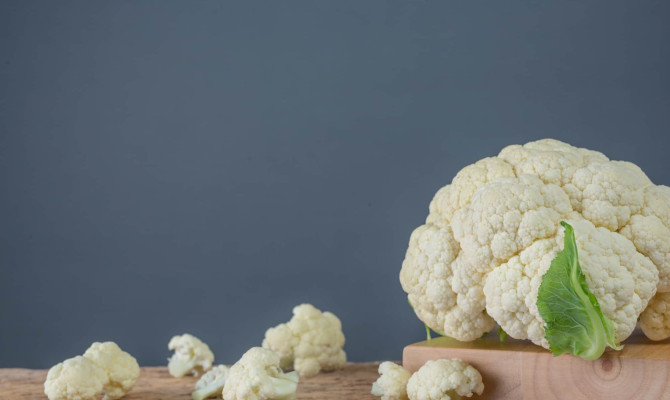Can You Eat Raw Asparagus: Everything You Need To Know About Asparagus

- Asparagus
- 19 Sep 2023
Introduction
Consuming raw Asparagus
You can eat raw asparagus. However, there are a few things to consider before consuming it. Although eating raw asparagus is harmless, it can be difficult to chew and digest. This is because, asparagus contains cellulose, a hard, fibrous substance found that provides the plant its structure. Many people prefer eating cooked asparagus to raw asparagus since cooking the vegetable breaks down the cellulose and makes it simpler to digest. Before consuming asparagus, make sure the plant has been carefully cleaned to remove any dirt or bacteria. Trim the tough ends and combine them with other foods (such as dipping them in hummus or adding them to a salad) to make it more appetizing. You won’t be placing your health at risk by consuming raw asparagus if you follow these easy instructions. 1 Introduction | Researched based study from National Library of Medicine, 2 Introduction | Researched based study from Ample Harvest

Asparagus
What is Asparagus?
- Asparagus is a delectable, succulent vegetable with a stimulating combination of nutrients that increases energy, clears the urinary tract, and neutralizes excess ammonia in the body.
- It typically contains high levels of vitamin K, folate (vitamin B9), other anti-inflammatory elements including vitamin C, beta-carotene, and vitamin E, as well as minerals like zinc, manganese, and selenium.
Benefits

Health benefits of Asparagus
Following are a few advantages of incorporating asparagus into your diet which includes:
- Increases red blood cell production
- Promotes digestive health
- Helps in weight loss
- Regulates blood sugar level
- Limits the spread of cancer
- Promotes healthy skin
Increases red blood cell production
- Helps increase the production of red blood cells, aiding in muscle building, and transporting oxygen throughout the body.
Promotes digestive health
- Promotes good digestion and lowers the risk of constipation and other digestive disorders.
Helps in weight loss
- Asparagus is an excellent addition to any diet for weight loss because it is high in fiber and low in calories.
Regulates blood sugar level
- Additionally, it also helps to regulate blood sugar levels and reduce cravings for food thus helping in weight loss in obese person.
Limits the spread of cancer
- Limits the development and spread of specific cancer cells as asparagus consists of asparagine, which has been found in a few studies to have anticancer effects.
Promotes healthy skin
- Promotes healthy skin and reduces the signs of aging. 1 Benefits | Researched based study from National Library of Medicine
Is asparagus a superfood?
- Yes, asparagus is considered to be a superfood since it is low in calories and rich in nutrients with many health benefits such as regulating blood sugar levels (in diabetes patients), lowering the risk of certain cancers, aiding in brain function, and preventing urinary tract infections in affected individuals. 1 Benefits | Researched based study from National Library of Medicine
Cooked vs Raw
Eating Asparagus-raw or cooked?
- It’s vital to examine the nutritional differences between cooked and uncooked spears while deciding which diet to follow.
- A careful analysis of asparagus varieties demonstrates that raw asparagus retains more minerals, and vitamins than cooked asparagus which retains less nutrients but improves higher absorption of other minerals such as beta-carotene.
- Take into account how your diet may change as the seasons change.
- Asparagus imported during the off-season frequently has lower nutritional value than asparagus harvested during the peak season (spring). Nutrient retention is significantly influenced by the freshness factor. 3Cooked vs Raw| Researched based study from Science Direct
Can you eat raw asparagus every day?
- Yes, asparagus may be consumed every day because it is packed with so many healthy nutrients.
- It may aid in enhancing memory and cognitive function, reducing stress, anxiety, and melancholy, lowering blood sugar levels in diabetics, promoting vision, and enhancing general health.
- However, further human research is required to back up these assertions.1 Cooked vs Raw | Researched based study from National Library of Medicine
Risks
Risks of eating raw Asparagus
Despite the fact that asparagus is a pleasant and healthful vegetable that may be consumed raw, there are certain risks associated with its consumption, which include:
- Food poisoning
- Allergic reaction
- Gastrointestinal disorders
Food poisoning
- Asparagus may contain dangerous bacteria that can lead to food poisoning.
- These bacteria are often eliminated when the vegetable is cooked, but they are still present when consumed raw.
Allergic reaction
- Itching, swelling, and/or breathing difficulties are a few of the symptoms of an allergic reaction to raw asparagus that some people may experience.
- Following a raw asparagus meal, it’s critical to contact a doctor right away if you develop any of these symptoms.
Gastrointestinal disorders
- A few patients may have gastrointestinal trouble after consuming significant amounts of raw asparagus which includes symptoms such as cramps, bloating, and/or diarrhea. 1 Risks| Researched based study from National Library of Medicine
Can you eat raw asparagus when pregnant?
- Because asparagus is often high in folate, which lowers the chance of neural tube abnormalities in fetuses, it is advised that pregnant women take enough raw asparagus each day after consulting the doctor.1 Risks| Researched based study from National Library of Medicine
Is raw asparagus hard to digest?
- Asparagus is not particularly difficult to digest, but in general, raw vegetables are more prone to produce symptoms than cooked veggies, which may include transient bloating or gas. 4 Risks| Researched based study from National Library of Medicine
Tips
Tips for consuming Asparagus
Asparagus is a delicious and nutritious vegetable that tastes great when eaten raw. It frequently has a crisp, reviving texture that makes it a wonderful complement to salads and other dishes.
- Look for spears that are green and have firm, juicy tips while selecting raw asparagus.
- Steer clear of yellowing or wilting spears since they may be fibrous and tough.
- To prepare raw asparagus, simply give it a thorough wash and trim any tough ends.
- Eat it alone or mix it into your preferred recipe to help you obtain the essential nutrients you need. 1 Tips | Researched based study from National Library of Medicine
- Asparagus, a flower with a cut stem and a member of the lily family, can be stored to maintain its freshness.
- Raw asparagus spears should be placed in a glass that is tall enough to hold the stalks with ends trimmed.
- Water should fill the glass’s bottom and stalks should be kept in the refrigerator with a plastic bag loosely covering them which preserves asparagus’s exquisite crispness and freshness for up to three days.1 Tips | Researched based study from National Library of Medicine, 2 Tips | Researched based study from Ample Harvest
FAQs
Frequently Asked Questions about eating Asparagus
Is asparagus hard on the liver?
- No, asparagus is not hard on the liver since it improves liver function by increasing the synthesis of the liver enzymes, ADH (alcohol dehydrogenase) and ALDH (aldehyde dehydrogenase), which help to break down ethanol (potentially consumed alcohol) and act as a hangover cure.
- Asparagus also protects the liver from contaminants that could cause scarring or fatty liver disease in a person.7 FAQs| Researched based study from National Library of Medicine
Does raw asparagus help gut health?
- Asparagus consists of an insoluble fiber that does not dissolve in water. Due to its insoluble nature, asparagus gives feces more volume, which facilitates bowel motions and makes passing stool easier.
- It also encourages more regular bowel motions that help in treating constipation in affected individuals.
- Asparagus is also a prebiotic fiber that helps in the growth of favorable bacteria in the gut which helps to increase nutritional absorption and aid in digestion.5FAQS| Researched based study from National Library of Medicine
Is raw asparagus good for your kidneys?
- Asparagus is a natural diuretic, which helps the body get rid of any excess sodium by draining away surplus water through urination. Hence, patients with kidney disease who follow a low-sodium diet can also include asparagus in their diets.
- Asparagus helps the body drain out surplus water, which helps the kidneys pass the stones, therefore it may also be beneficial for someone who has kidney stones.6 FAQs| Researched based study from National Library of Medicine
Takeaway
Eating Asparagus – keep in mind
- Asparagus is a tall, and slender vegetable that grows above the ground and consists of two varieties namely: green and white asparagus.
- Green asparagus spears are collected above ground whereas white spears are harvested underground before they reach the surface, which is the main distinction between the two varieties.
- Asparagus is a delightful and nutrient-dense vegetable that may be consumed daily. It is generally low in calories and high in important vitamins, minerals, and antioxidants that aid in regulating diabetes and promoting healthy skin
- Consuming raw asparagus may cause a few adverse reactions which may include flatulence, stomach pains, and allergic reactions (such as skin rash, and/or watery eyes)
- Asparagus is high in glutathione which helps to prevent kidney damage in patients affected with kidney disease.
- Although cooking asparagus may boost its antioxidant activity, it can also deplete its nutrients. This is especially true for heat-sensitive vitamins like vitamin C.
- To receive the maximum health benefits from asparagus, consider adding it to your diet both cooked and raw.1Takeaway| Researched based study from National Library of Medicine,4 Takeaway| Researched based study from National Library of Medicine,5 Takeaway| Researched based study from National Library of Medicine
Any feedback on this article?
 This Articles content was accurate
This Articles content was accurate Very Informative Article
Very Informative Article I have a question or a comment
I have a question or a comment
 This article contains inaccurate content
This article contains inaccurate content This article was not helpful
This article was not helpful I have a question or a comment
I have a question or a comment
We appreciate your helpful feedback!
Checkout our social pages
References
-
National Library of Medicine
Introduction | Benefits | Cooked vs Raw | Risks | Tips | Takeaway
-
Ample Harvest
Introduction | Tips
-
Science Direct
Cooked vs Raw
-
National Library of Medicine
Risks | Takeaway
-
National Library of Medicine
FAQs | Takeaway
-
National Library of Medicine
FAQs
-
National Library of Medicine
FAQs




































